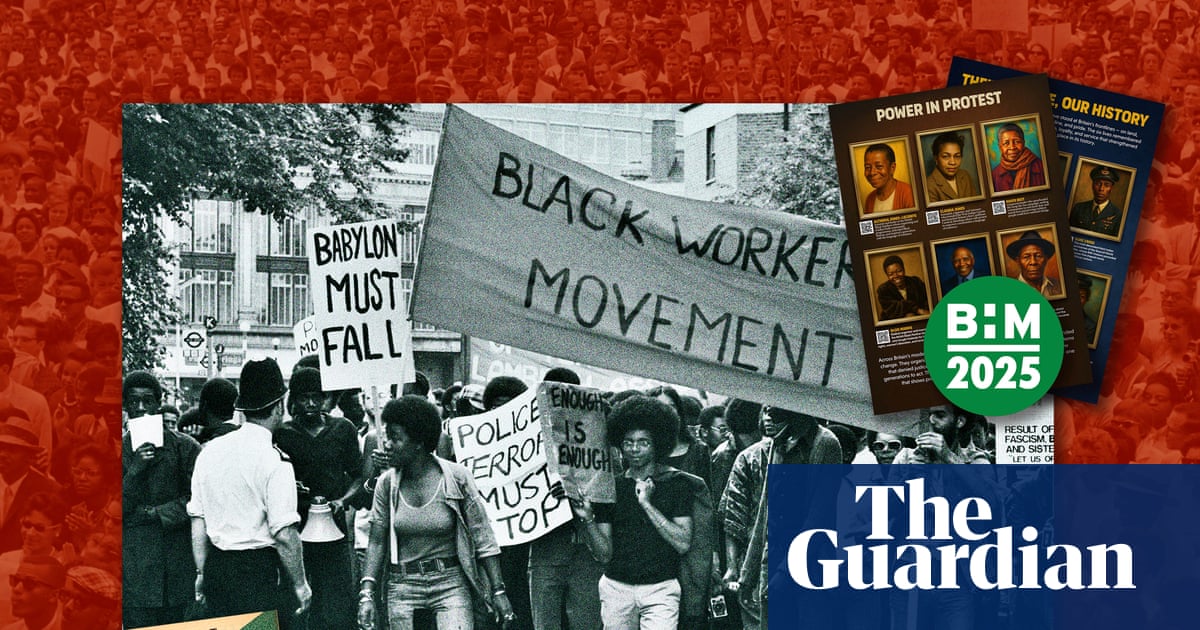
"Over the years, an event that started out as a celebration and reminder of history, culture and the connections between global Black communities, has taken on a corporate feel, expanding to include events where Black people are paid to talk to white audiences about unconscious bias and allyship. The 2020s Black Lives Matter protests created a surge in the business of demonstrating racial awareness. But even that moment has passed. The wave has crested, leaving a sort of hollowed out legacy."
"Originally observed in the US and Canada, Black History Month was conceived in 1962 as Negro History Week by African American historian Carter G. Woodson with seven days of commemoration and observance in the second week of February. Black History Month grew out of this movement and was officially launched in 1970. Today it is observed not only in the US and Canada in February, but also in October in the UK, Germany, Ireland and the Netherlands."
"It is in schools where Black History Month is most regularly observed, with talks and cultural events. But the way the month is celebrated is a reflection of the political moment. How it evolves is a good lesson in how co-option leads to dismantling: the reshaping of Black History Month has stymied the point of it, which is to address systemic and institutional racism."
Black History Month in the UK has shifted from a focus on transatlantic enslavement and civil rights to celebrating prominent Black figures in politics, culture, and activism. The observance traces to Carter G. Woodson’s 1962 Negro History Week, expanded into Black History Month in 1970 and now marked internationally in different months. Schools commonly mark the month with talks and cultural events. Corporate involvement and paid diversity sessions have commercialized the observance, often centering white audiences and training on unconscious bias and allyship. The surge of interest during the Black Lives Matter protests has faded, leaving a hollowed legacy that undermines efforts to address systemic and institutional racism.
Read at www.theguardian.com
Unable to calculate read time
Collection
[
|
...
]